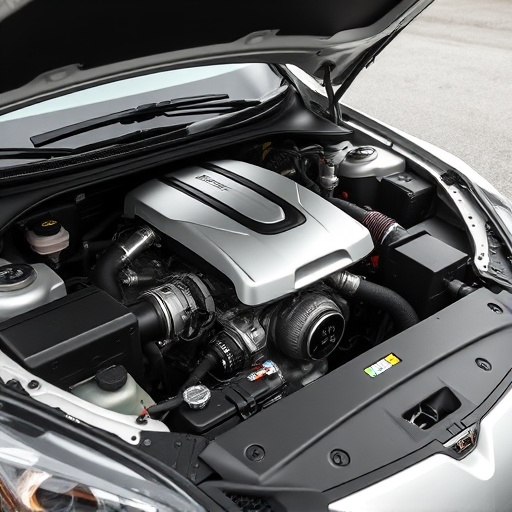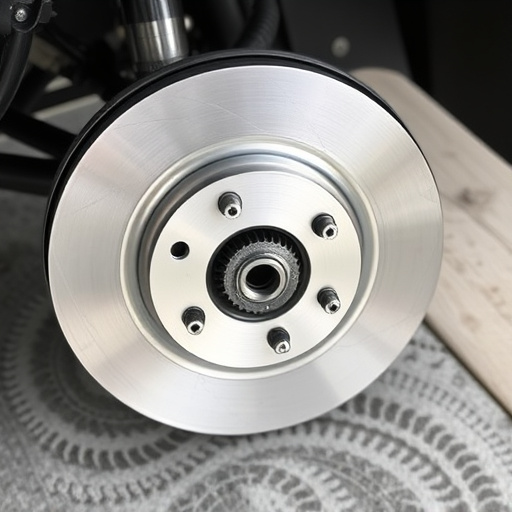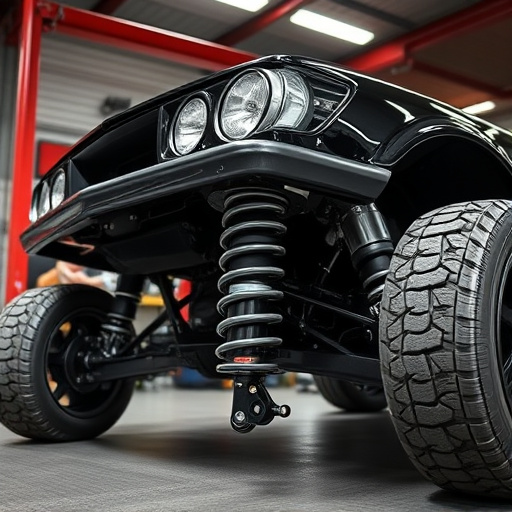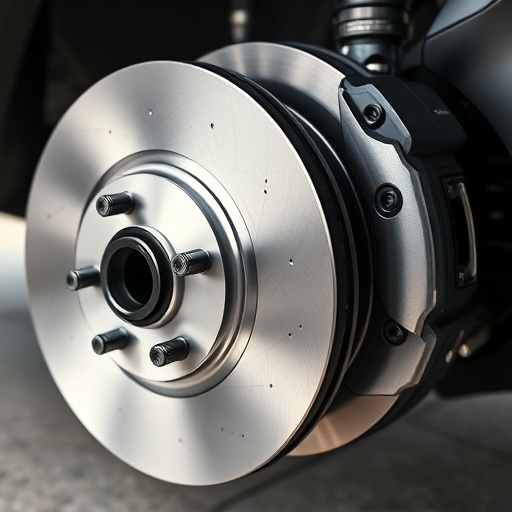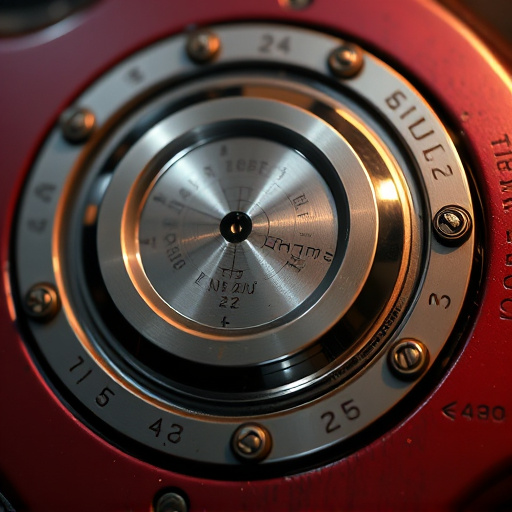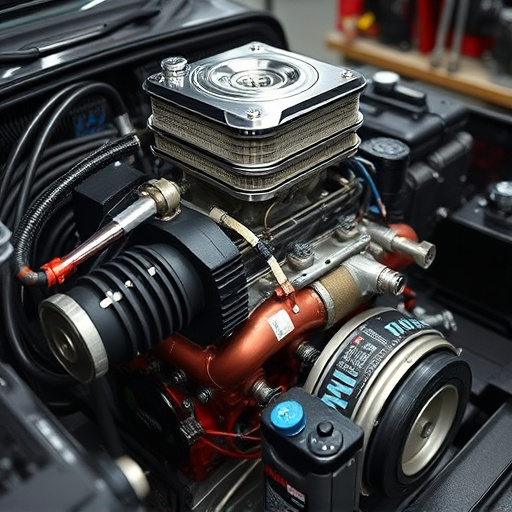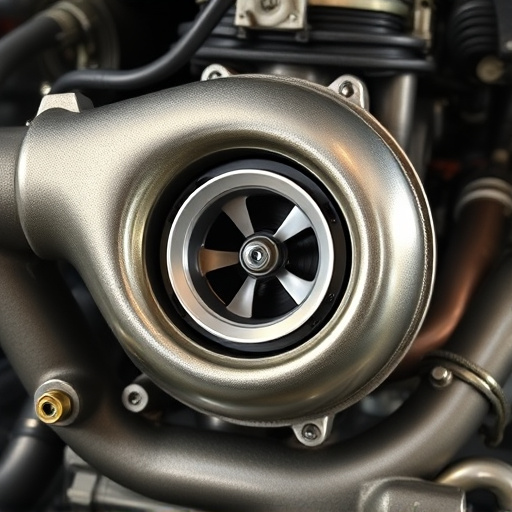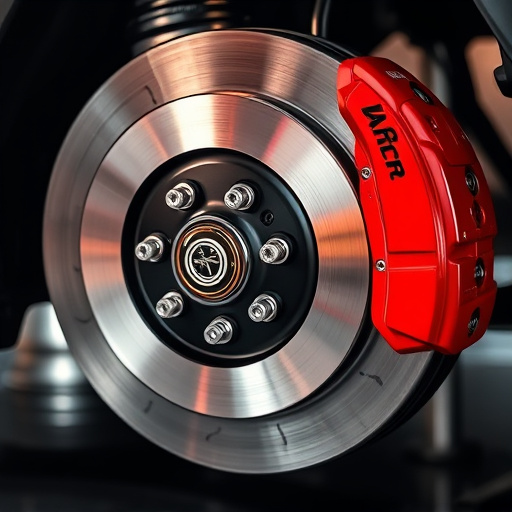Regular maintenance is key for catalytic converter universal longevity and optimal performance. Cleaning, preventing carbon buildup, managing temperatures, and guarding against extreme fluctuations are essential. Upgrading to high-performance parts enhances lifespan. Proper care prevents fouling, ensures emissions control, complies with regulations, and improves vehicle performance, especially in modified vehicles.
Maintaining your vehicle’s universal catalytic converter (UCC) is crucial for optimal engine performance and environmental protection. This essential component reduces harmful emissions, ensuring a cleaner environment. Understanding the UCC’s role and proper maintenance practices can extend its lifespan. Learn how to identify common issues, perform regular checks, and troubleshoot problems to keep your vehicle running efficiently and responsibly.
- Understanding Your Universal Catalytic Converter
- Regular Maintenance Practices for Longevity
- Common Issues and Troubleshooting Tips
Understanding Your Universal Catalytic Converter
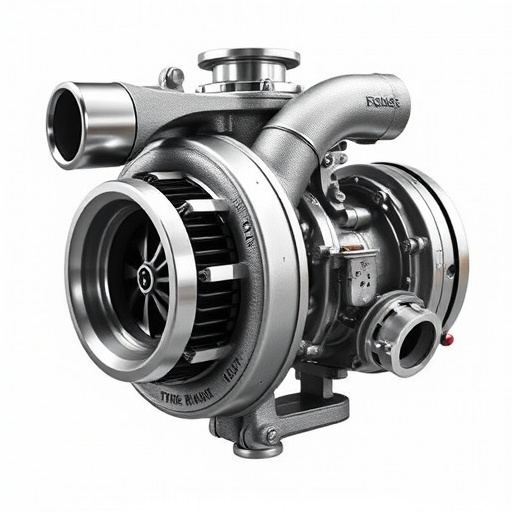
The universal catalytic converter is a vital component of your vehicle’s exhaust system, responsible for reducing harmful gases and pollutants into less toxic emissions. This compact yet powerful device is designed to fit various vehicles, making it a versatile choice for many drivers. Understanding its function and proper maintenance is crucial, especially considering the impact on both environmental compliance and engine performance.
Regular maintenance involves keeping the converter clean and free from obstructions. A buildup of carbon and other deposits can hinder its efficiency, leading to reduced engine performance and potential damage to exhaust systems or brake components. Maintaining optimal operating temperatures during driving helps prevent this. Additionally, ensuring proper ventilation and avoiding extreme temperature fluctuations contribute to longevity, allowing your universal catalytic converter to efficiently perform its role in the exhaust process while integrating seamlessly with performance exhaust upgrades.
Regular Maintenance Practices for Longevity
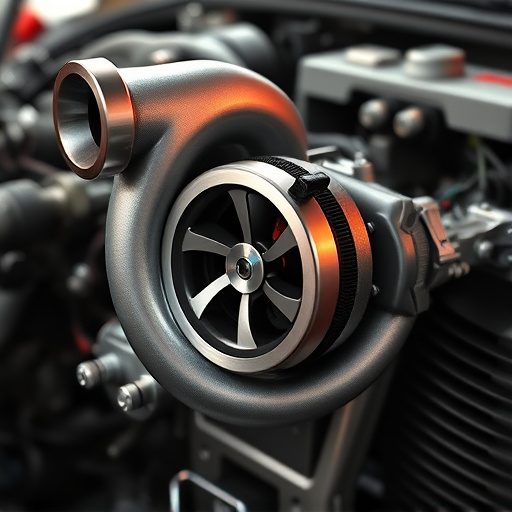
Regular maintenance is key to extending the life of your universal catalytic converter, ensuring it continues to perform optimally and meet emissions standards. One of the primary practices involves keeping the converter free from debris and contaminants that can obstruct its flow. Regular cleaning with appropriate solutions helps prevent buildup, which can clog the system and reduce efficiency.
Additionally, monitoring and replacing faulty or worn-out intake components is essential. Over time, parts like air filters, sensors, and gaskets may deteriorate, impacting the overall performance of your catalytic converter. Upgrading to high-performance parts tailored for universal catalytic converters can significantly enhance their longevity, especially when combined with routine maintenance and checks. Remember that a well-maintained converter not only contributes to better vehicle performance but also ensures compliance with environmental regulations.
Common Issues and Troubleshooting Tips
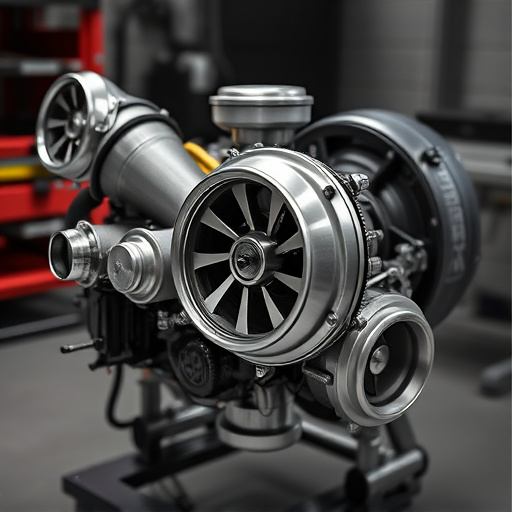
Catalytic converters are an essential component of your vehicle’s emissions control system, responsible for reducing harmful gases and pollutants. Over time, several common issues can arise, affecting their performance and efficiency. One of the most frequent problems is catalyst restriction or fouling, which occurs when carbon deposits, fuel remnants, or other debris accumulate on the catalytic converter’s surface. This blockage impedes the flow of exhaust gases, leading to reduced engine performance and increased emissions.
Troubleshooting tips include regular maintenance practices such as adhering to the vehicle manufacturer’s recommended service intervals for oil changes and filter replacements. Additionally, ensuring proper fuel-air mixture ratios and maintaining optimal engine temperature can prevent fouling. If a catalytic converter is suspected to be damaged or malfunctioning, consider inspecting it for signs of corrosion, cracks, or disconnections from the exhaust system. Replacing a universal catalytic converter (UCC) may be necessary if severe damage is detected, particularly in vehicles equipped with a cat back exhaust or high-performance exhaust systems.
Proper maintenance of your universal catalytic converter is key to ensuring optimal performance and longevity. By understanding its function, implementing regular care practices, and being aware of common issues, you can keep this essential component of your vehicle running smoothly. Regular checks, prompt repairs, and a keen eye for detail will help extend the life of your universal catalytic converter, contributing to better fuel efficiency and reduced environmental impact.



